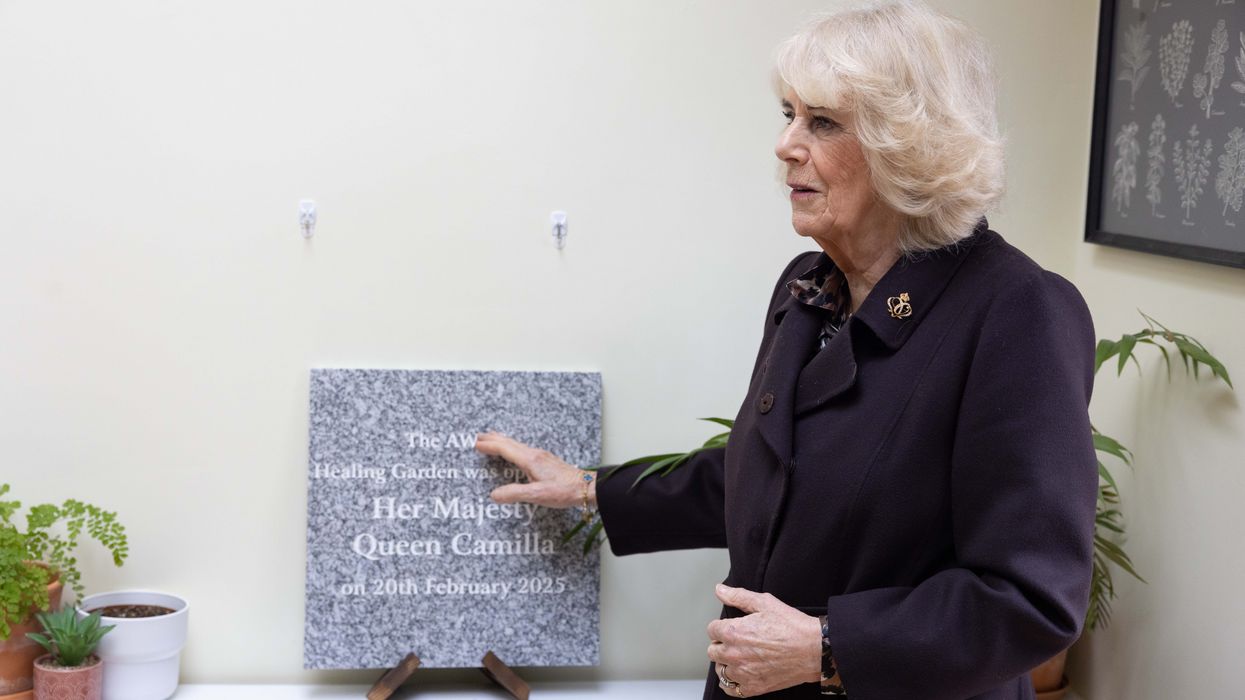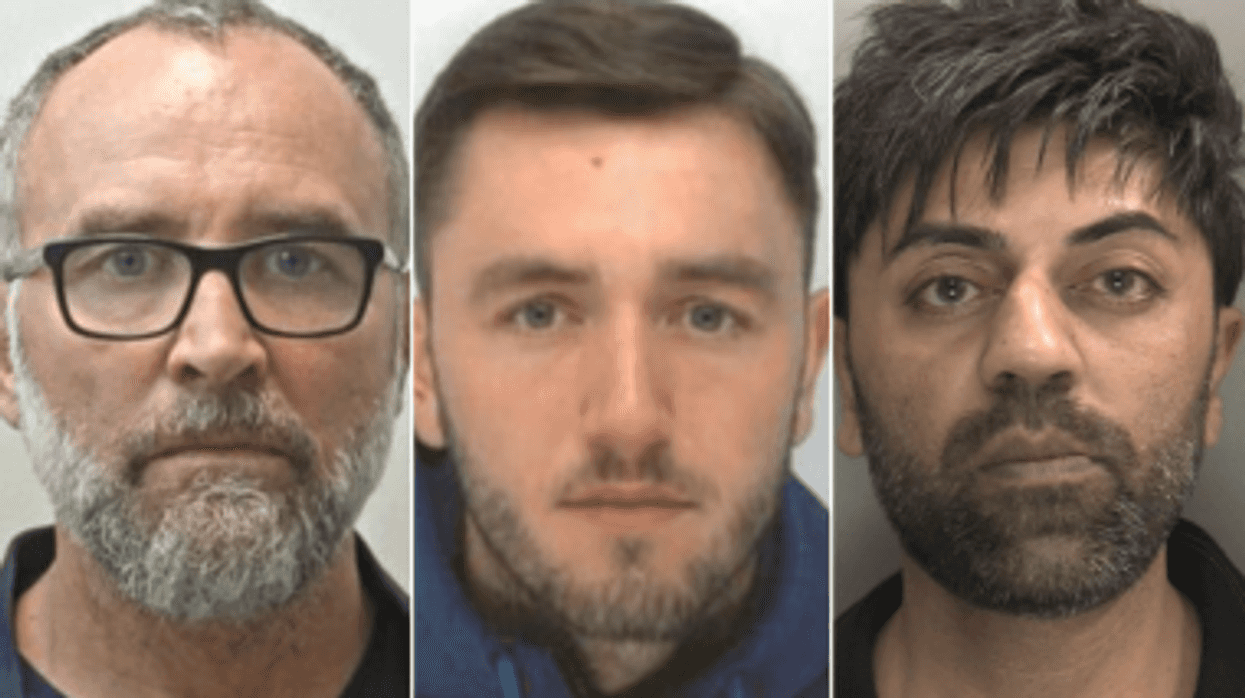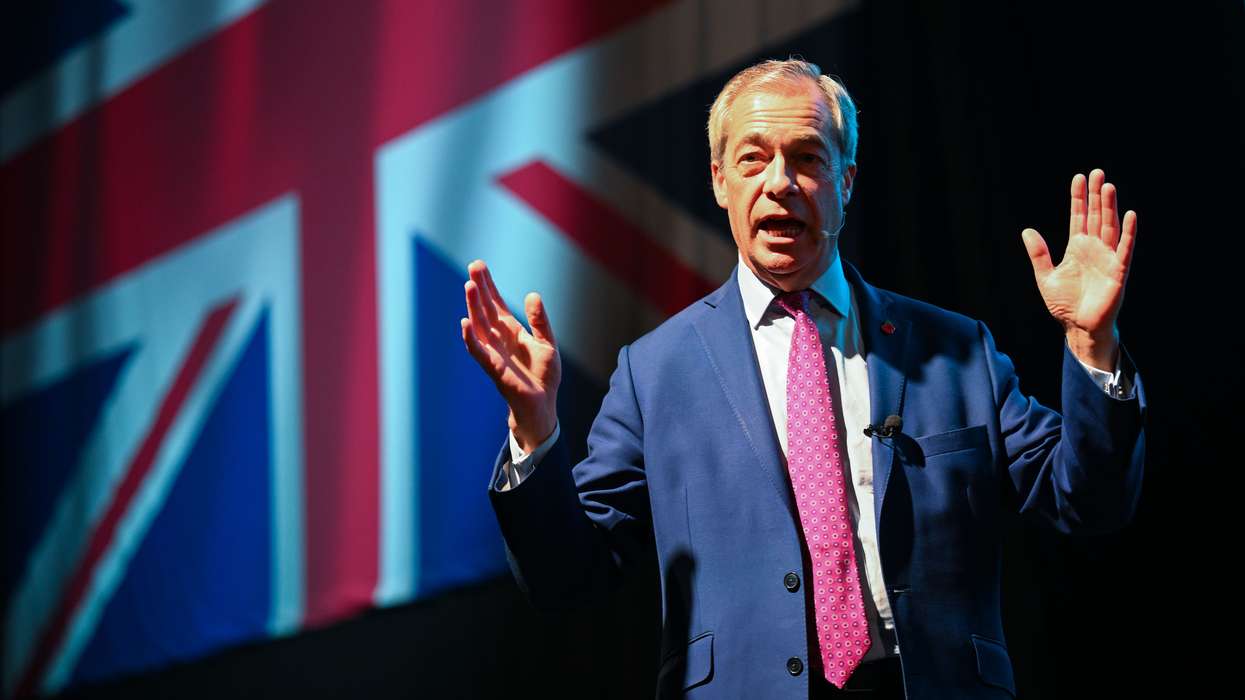DESPITE undoubted progress, women from ethnic minority communities still face unique challenges that society needs to tackle, leaders of a London-based charity have said.
The Asian Women’s Resource Centre (AWRC) provides support for women and children from black, minority and ethnic backgrounds affected by domestic abuse, forced marriage, honour-based or faith-based abuse.
Its Healing Garden in Harlesden, London, unveiled by Queen Camilla in February, won the GG2 Blossom Award at the 26th annual GG2 Leadership and Diversity Awards in March.
The award recognises individual, group or organisation for exceptional efforts in promoting community well-being and fostering a sense of unity.
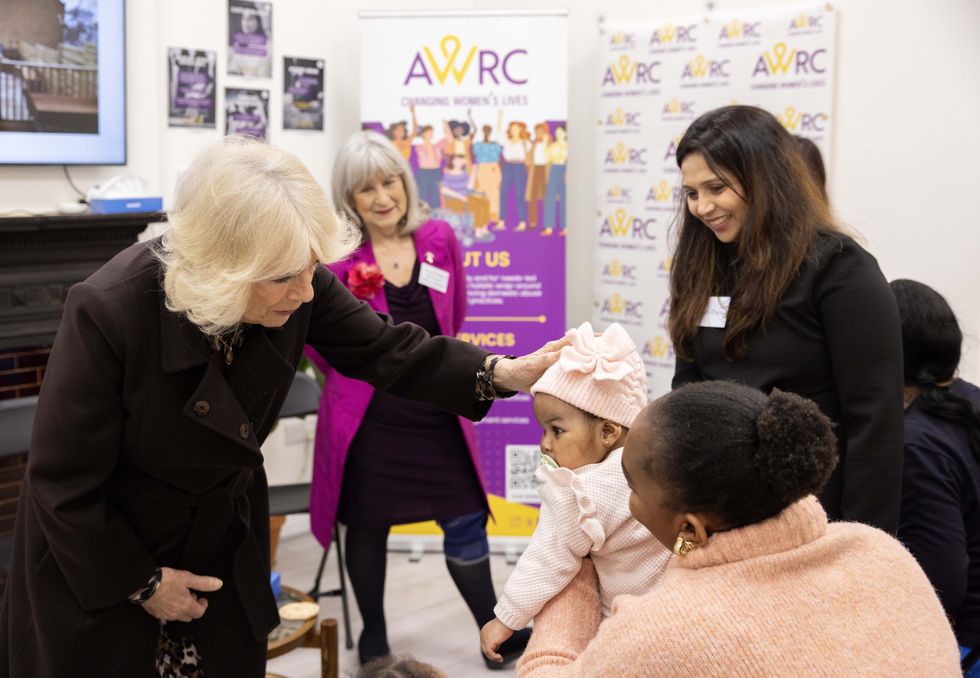
The garden is designed as a space for reflection and rejuvenation for women, staff, and the wider community, especially survivors of domestic abuse supported by the AWRC.
In an interview with Eastern Eye, Sarbjit Ganger, director, and Punam Kharbanda, assistant director at AWRC, said many in minority communities believe that ‘forced marriages or honourbased abuse are a thing of the past,’ although such practices remain prevalent today.
“Domestic abuse is still very entrenched in minority communities. If I talk to a friend who’s not in this line of work, they’ll often be surprised about the extent of it. If I say to them we get X number of referrals into our centre a day or month, they’ll be quite surprised. ‘Oh, does that still happen?’ For example, we see women who are still going through harmful practices like forced marriage or honour-based abuse. That tells us that we still need to be out there telling people, yes, this is still really happening. It’s still quite widespread,” they said.
Ganger and Kharbanda hope that recognitions such as the Blossom Award will help the charity, which celebrated its 45th anniversary in February, raise awareness of these “crucial issues.”
“Unfortunately, some people still see women only as homemakers – staying at home and raising children. I think that’s the kind of thinking we need to change. The truth is, women are working, earning, and raising families, yet they still don’t receive equal pay for the work they do. These are the issues we need to talk about and learn from as a community.
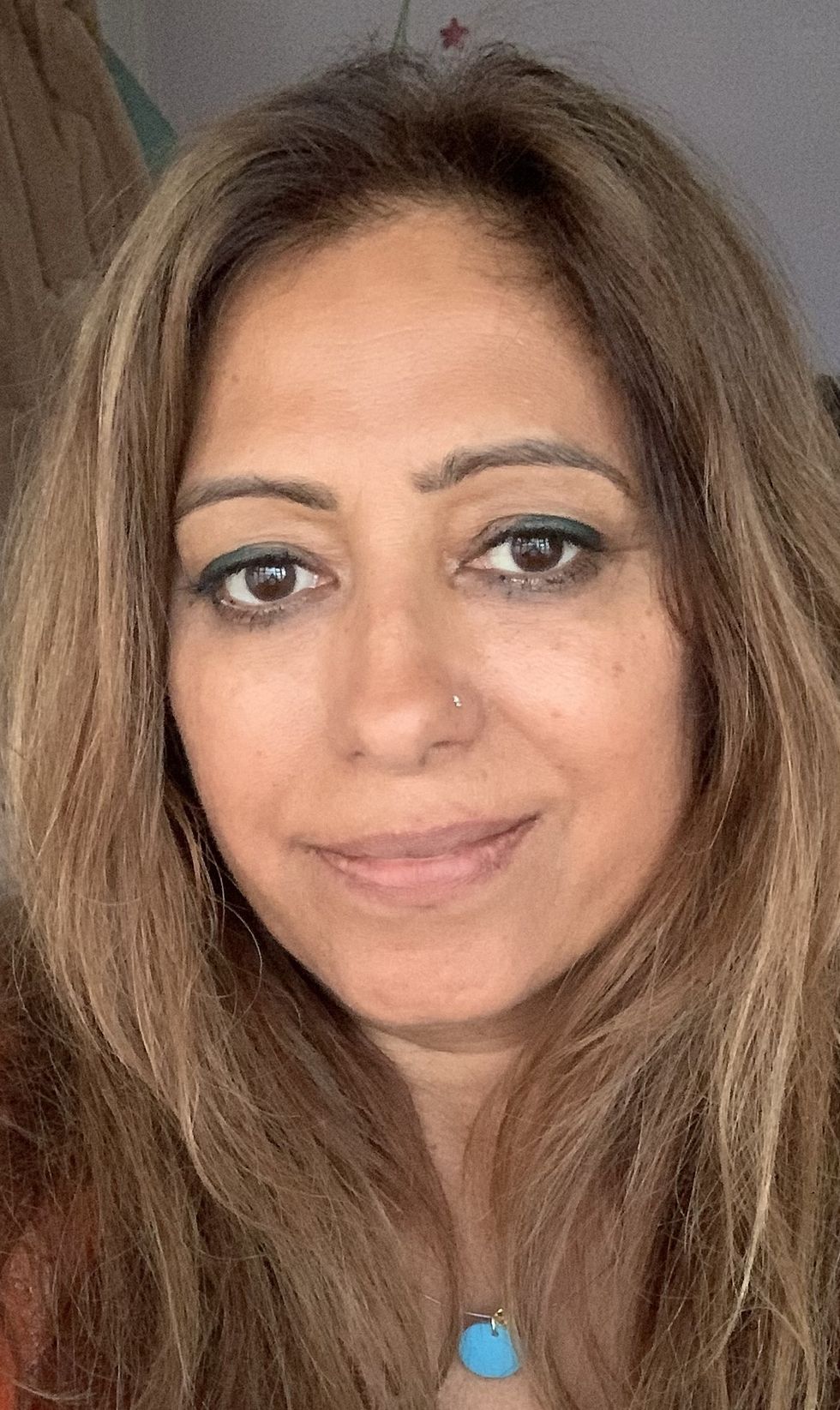
One powerful way to do this is by sharing women’s real-life stories and how they’ve overcome challenges,” said Ganger.
The GG2 Leadership and Diversity Awards are hosted by the Asian Media Group, which publishes Garavi Gujarat and Eastern Eye news weeklies. The AWRC was among 20 winners from ethnic communities recognised for their work and achievements.
“Although we’ve been around for a long time, sometimes we still don’t get that visibility. We’ve been in the heart of this community for a long time. Hence, it was also recognition of the struggle that our women have been through. We hear some amazing stories of resilience here from the women, and I feel like that award really recognised that more than anything else. It is also recognition for the issue of domestic abuse, and how our healing garden can support women to recover from the traumas they experienced,” Ganger said.
Describing the importance of the Healing Garden, Kharbanda said, “There’s a lot of research showing that green spaces can help improve mental health and support recovery from trauma. Many of the women we work with have experienced domestic abuse or other harmful practices, so we wanted to create a safe, calming garden space for them.
“The garden is new, and we plan to start a volunteer gardening club for the women. So far, five or six have already shown interest. They’ll grow flowers, vegetables, and herbs. Just spending time outdoors – especially for those who live in flats without access to nature – can make a real difference to their wellbeing. Some women might want to garden, while others may just enjoy sitting outside, having a coffee, and chatting.
“We’ve contacted the Royal Horticultural Society and the National Trust, and both are keen to get involved. We also hope to use the space for small events and activities, similar to the art and yoga sessions we already offer. In the future, we’d like to include children too – offering storytelling and educational sessions about growing food and healthy eating. The main aim is to support healing and mental health through nature and community.”
The grassroots charity began in the late 1970s, when a group of local women saw that there were no services to support women suffering from abuse. With a small grant from the local council, they set up a refuge and a resource centre to provide help and safety for women in need.
In 1980, the refuge and the resource centre became separate organisations, each with its own team and management. Early on, AWRC offered advice, language lessons, and even self-defence classes for women. In 1997, they moved into a bigger space and began helping young women, as well as offering support around health and employment.
Now, AWRC has a team of 35 staff and continues to grow. Although it is based in Brent, its work goes far beyond. Women from across London are referred to the centre, which is run by women from minority backgrounds.
Kharbanda added, “Our focus is supporting women who are experiencing domestic abuse and harmful practices. Research shows that domestic abuse is a serious issue – one in four women will experience it in their lifetime, and two women are killed each week in the UK. Rates of domestic homicide are especially high among minority women.
“In some cultures, many women do not recognise the abuse they are experiencing in their relationships. At AWRC, we use a “power and control wheel” to help explain how abuse can take many forms. This includes isolation, pressure from the community, using children against women, and male privilege – particularly within Asian communities.”
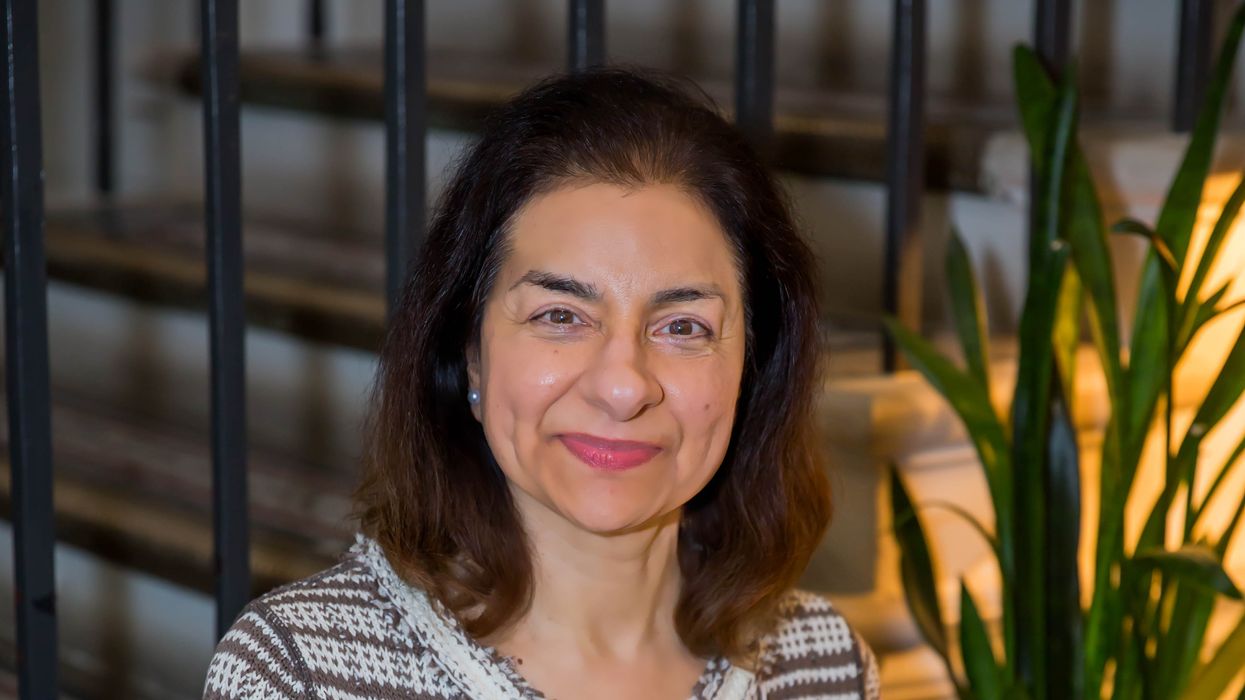
“We receive referrals from a range of services, including social services, the police, and housing providers. Many women come to us directly after finding out about our work online or through word of mouth. We also carry out outreach work. This includes attending local events with information stalls and offering support through the One Stop service at Brent Civic Centre,” she said.
Apart from offering direct support, the charity works to influence government policy, raise awareness, and educate communities about the signs and dangers of abuse. Its services are provided in 24 languages. During Covid, it quickly adapted to provide online services and continues to offer online support.
According to Ganger, many women avoid the police and social services despite referrals from them.
“For example, women with insecure immigration status – perhaps those who came to the UK through marriage and are now facing domestic abuse – often fear that speaking to the authorities could lead to deportation. Others may worry that their children will be taken away,” she said.
“Women are more likely to approach us because they see us as a safe and trusted organisation. They know we won’t share their information in ways that could harm them. Recently, there has been growing concern about data being shared between the police and the Benefits Office. This kind of information sharing can put women at further risk.
“That’s why organisations like ours are working together to campaign for a “firewall” – a clear barrier to stop sensitive personal information from being passed between services without consent.”
